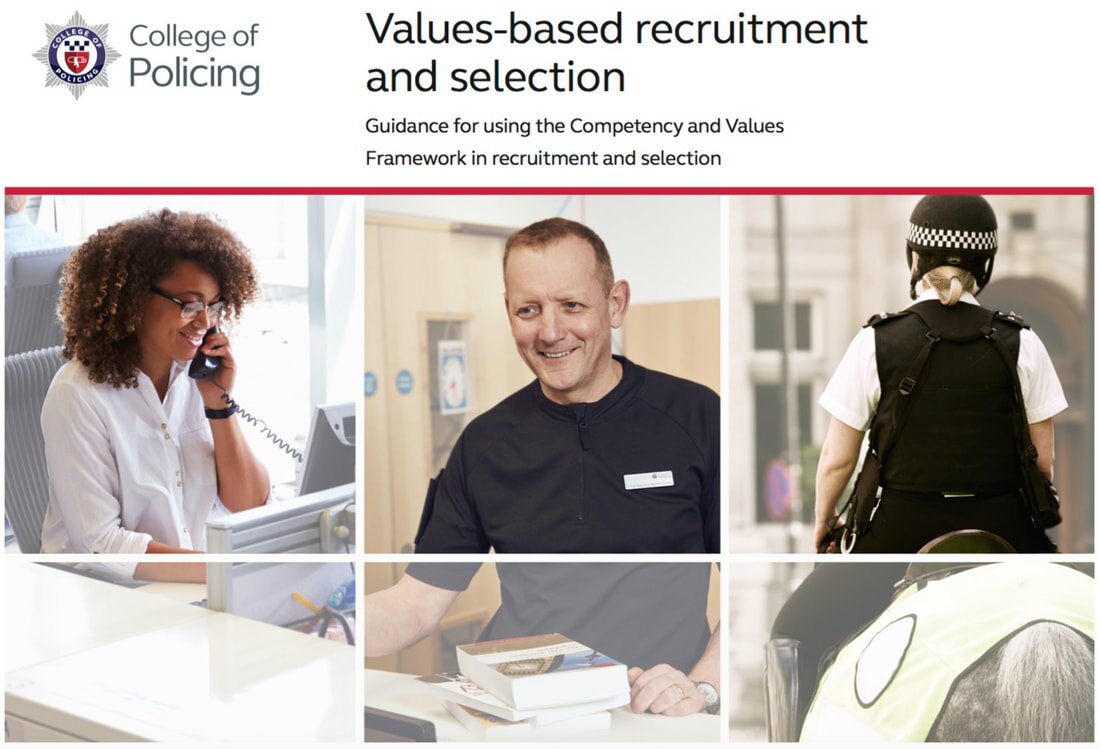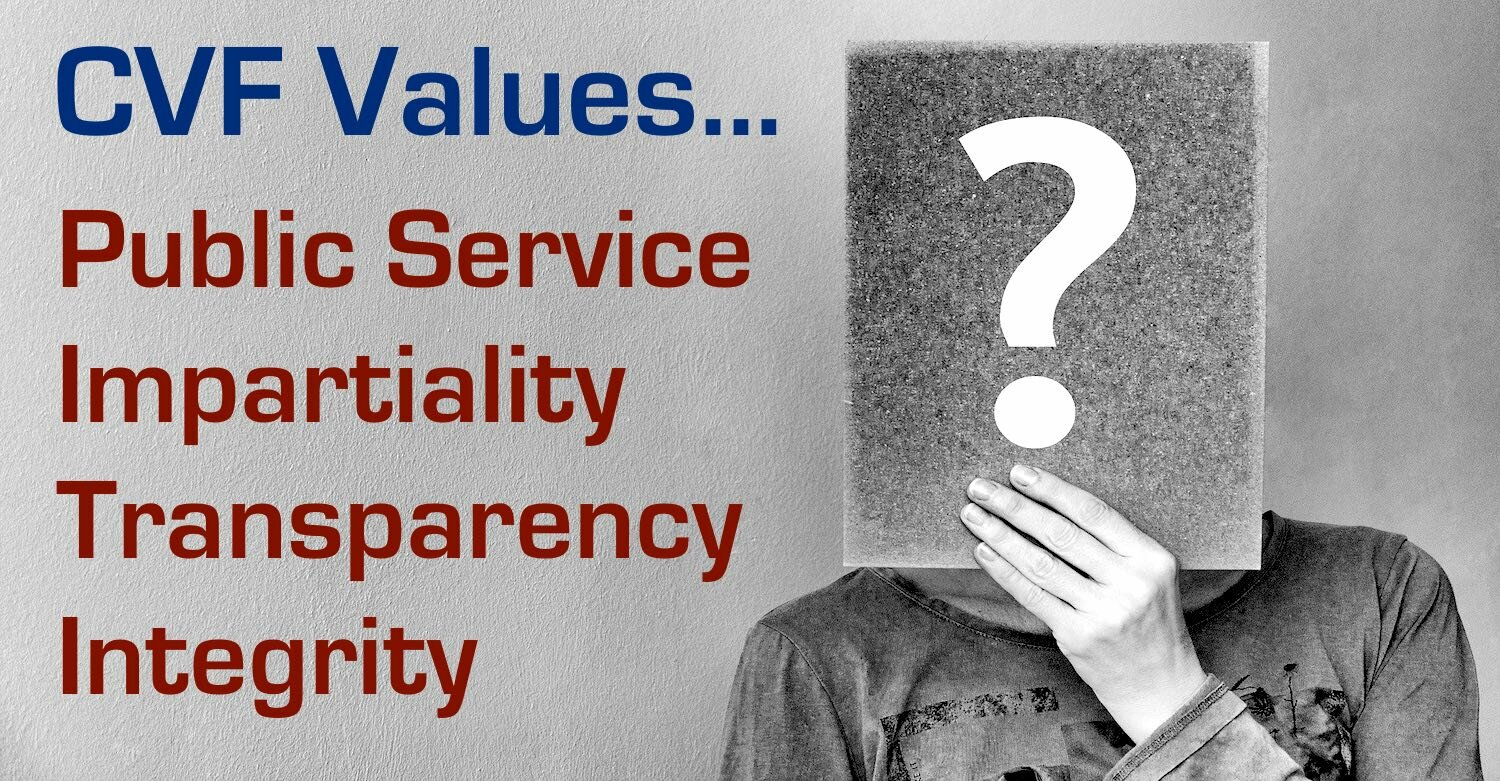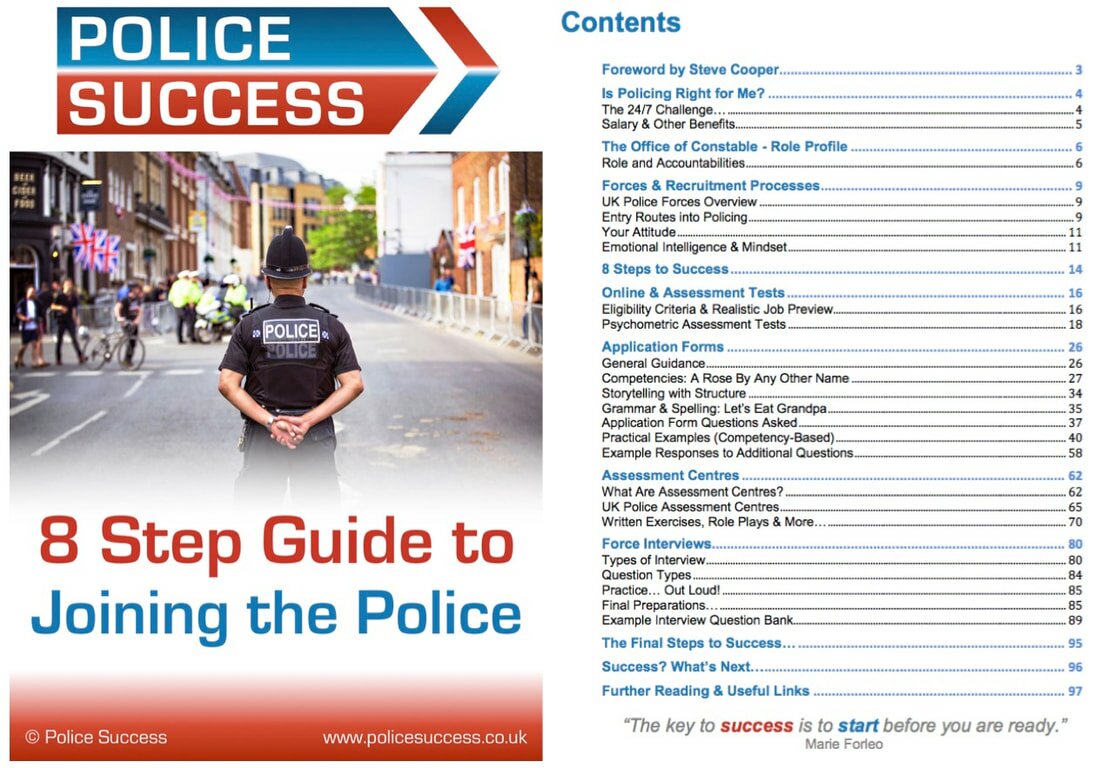Joining the Police: How are your Values?
“If you embody our purpose and values, join us and make a difference.”
Police Recruitment Advert
As the Police Service recruits 20,000 more police officers, opportunities to join are abound. There has never been a better time to join the police!
If you aspire to become a police officer, the recruitment process is challenging; not only for candidates but also individual police forces. In the UK, policing by consent means that the public expect police officers to demonstrate professional behaviour in their dealings with communities. Chief Constables are responsible for delivering effective and efficient policing, they need to ensure they select only those individuals whose personal values closely align with the values of the police service. People behave according to their values. So before becoming a police officer, it’s not surprising that the joining process requires you to demonstrate and share insights about your personal values... Values-Based Police Recruitment
“Values aren't buses. They're not supposed to get you anywhere. They're supposed to define who you are.”
Jennifer Crusie
In England and Wales, the College of Policing sets the standards for police officer values and recruitment. The Competency and Values Framework (CVF) describes nationally recognised behaviours and values. The Police Service of Northern Ireland (PSNI) also uses the CVF for ‘values-based’ recruitment to assess new police officers. Police Scotland do things slightly differently, describing their expectations of a police officer's values as 'Standards of Professional Behaviour'.
Force recruitment processes aim to select the best candidates. Values Based Recruitment (VBR) means using and assessing personal values in police recruitment processes, either exclusively or in addition to other criteria. Whilst this may be achieved in slightly different ways, all align generally with the stated aim of the College of Policing’s CVF:
“The overall aim of the framework is to translate the Code of Ethics into the highest standards of professional conduct in all areas of the police service.”
Ethical codes are adopted by organisations to assist decision-making, by giving direction to the subjective nature of ‘right’ and ‘wrong’. The increasing focus on values is to improve public confidence in policing, by ensuring all police officers demonstrate ethical decision-making and professional behaviour in all their dealings with communities.
How Are Your Values?
“Values will guide your behaviour.”
Kenneth H. Blanchard
When officers leave police premises, it’s just desks, chairs and computers that remain. There is no culture, for example shared values, attitudes or beliefs. That stuff arrives with individuals and it goes home with them. If you think about it, the ‘Office of Constable’ by itself doesn’t contain values. It’s only when the role is occupied that it ‘takes on’ values. Your values! Together with force (organisational) and community (environmental) values, these shared values act as integral checks and balances when performing the role, underpinning the powers, authority and discretion that come on appointment.
Whoever you are and in whatever generation, it’s important to ‘check in’ with your values…
“The modern individual is assailed from every angle by divergent and contradictory value claims. It is no longer possible, as it was in the not too distant historical past, to settle comfortably into the value system of one’s forebears or one’s community and live out one’s life without ever examining the nature and assumptions of that system.”
Carl R. Rogers
So, what are values? It’s an important question because your values drive your behaviour even if you can’t identify them. Values are beliefs, principles or standards important to an individual, organisation or group. They guide and motivate particular behaviours and actions. A value is something for which we have an enduring preference. Certain types of values are ethical values for example, honesty, compassion and accountability.
Thinking about values however is not something people often do; unless of course they are attending a job interview or have to focus for some reason on the topic. Talking about them is fairly easy and most people can ‘name’ some kinds of values, such as integrity, fairness and respect. Yet when it comes to responding meaningfully from a personal perspective, it is often more difficult. Try answering this example interview question:
How are your values?
It’s an introspective question, requiring self-examination. It will take you some time to reflect on that question ahead of any meaningful response, because it is hard to answer questions about your personal values. The police recruitment process however will test, measure or assess your values, to ensure they are more than just words to you.
Testing Your Values
“If you don’t stick to your values when they’re being tested, they’re not values, they’re hobbies.”
Jon Stewart
In a police recruitment process values will be addressed within exercises including written applications, personal interviews and/or role-play exercises to ensure the ‘match’ between individual values and those of the organisation. This is known as ‘person - organisation fit’ and is a key element of a values-based recruitment process.
When it comes to policing, there are always critics for and against anyrecruitment, selection or promotion process in use. There is no perfect system and processes evolve over time. Using the example of the College of Policing, a key conclusion from the Police Leadership Review was that values inherent in policing’s Code of Ethics should be integral to all local and national selection processesin England and Wales. The PSNI also use the CVF to provide a consistent foundation for recruitment processes. The four values defined in the CVF are as follows:
The College of Policing even provide detailed guidance on values-based recruitment processes! This 'insider information' provides perspectives on values-based recruitment for the police service, including advice specifically for those who are making the recruitment decisions... a valuable resource to all aspiring officers!

If you aspire to join the police service, here are some example interview questions to practice, to help trigger your thinking, connect you with your values and see if you are a good fit!
Further Support...
I hope you found this blog helpful. If you are thinking of applying to join the police service, good luck and I wish you all the very best. For more guidance on joining the police service, why not get your copy of our digital '8 Steps to Success' toolkit.
Kind Regards,
Steve
1 Comment
Donna M. Shannon
13/3/2020 06:29:04 pm
Police all over the world are considered the bad guy's. Why! Because when someone is in an accident or someone breaks into your home or place of business or there is a shooting or you are molested or beaten up. Who is there for you ,who do you call or rely on ? The police. So I don't understand how people can consider them the bad guys.
Reply
Your comment will be posted after it is approved.
Leave a Reply. |
 RSS Feed RSS Feed
AuthorA former Royal Marine, Detective Inspector, and is a qualified coach/mentor. With extensive police experience, Steve also established Rank Success to help officers achieve police promotion. CategoriesAll ArchivesFebruary 2021 |







